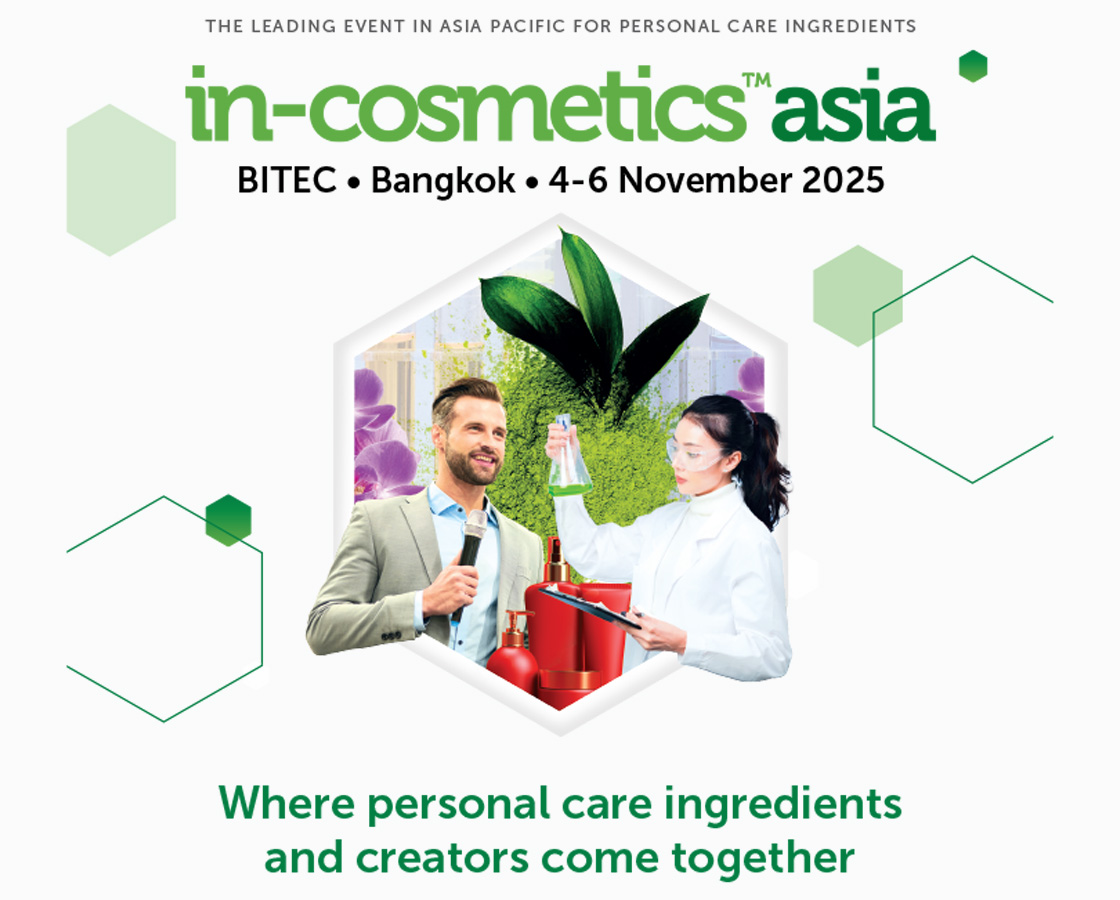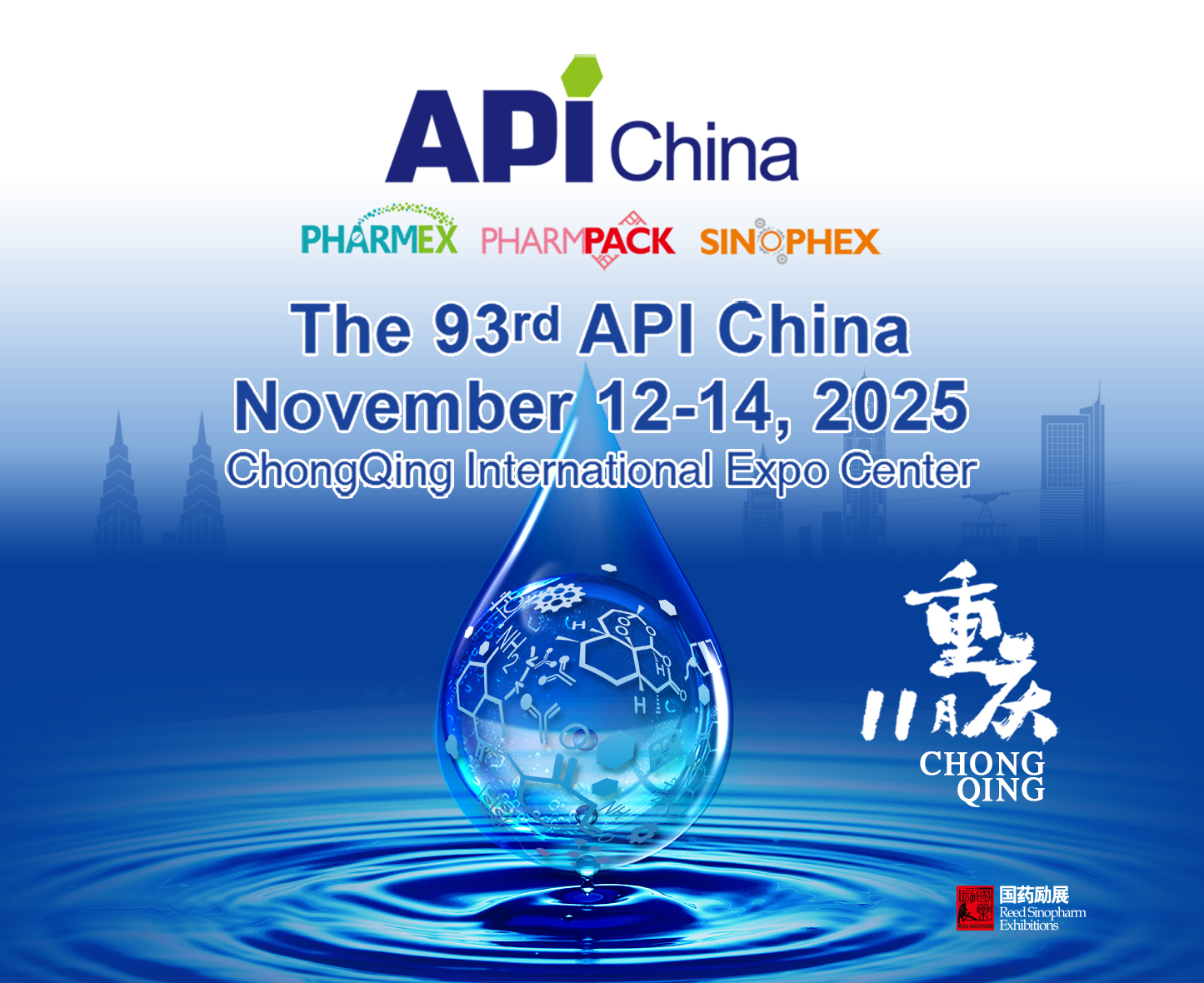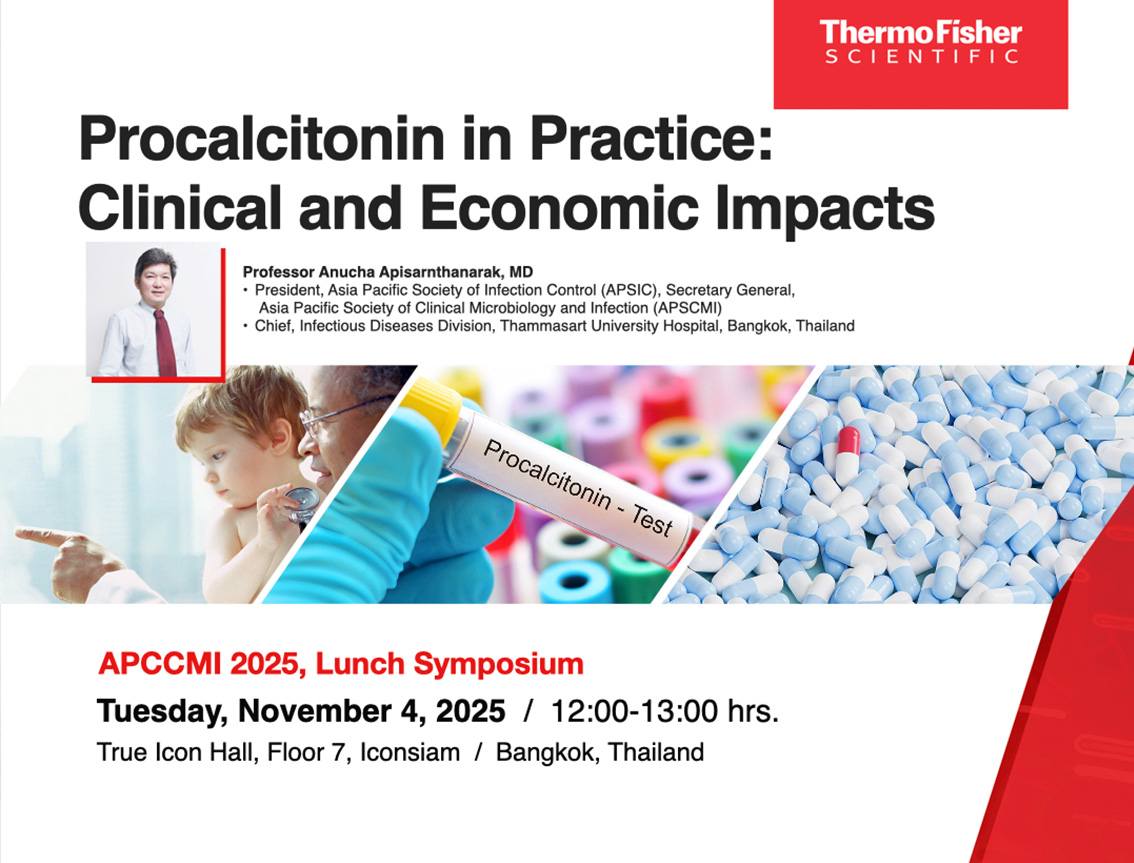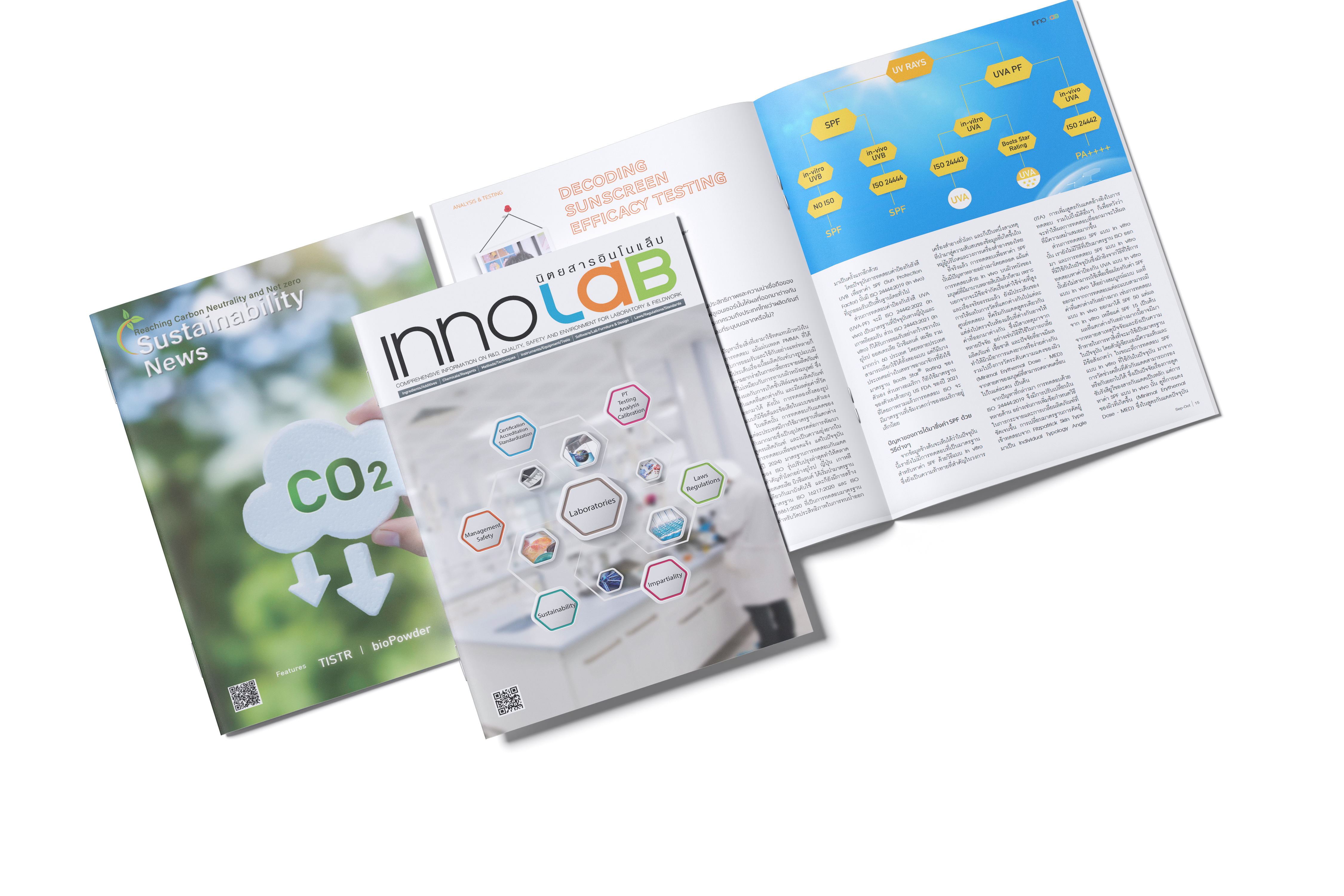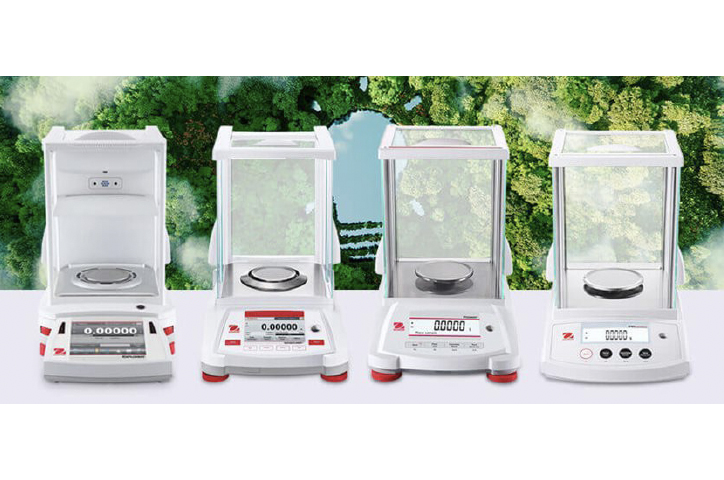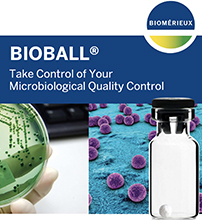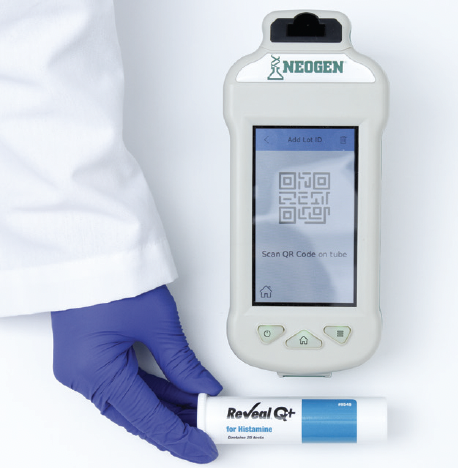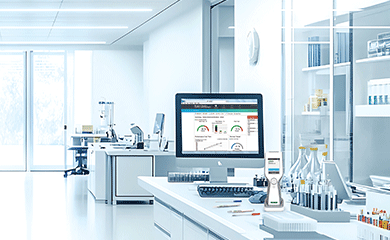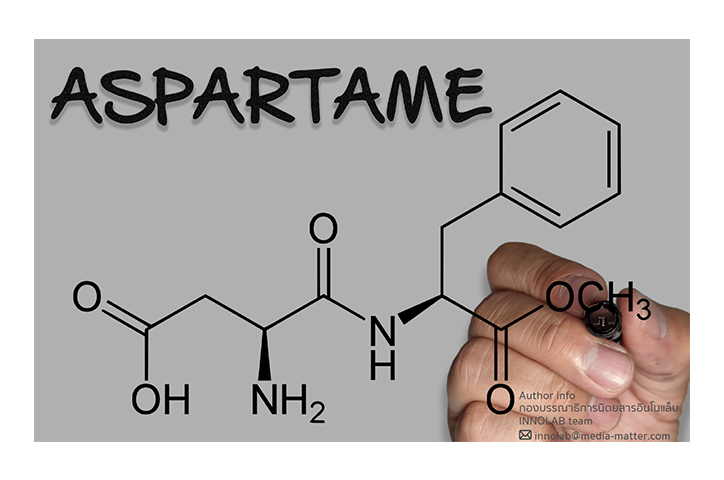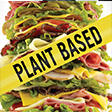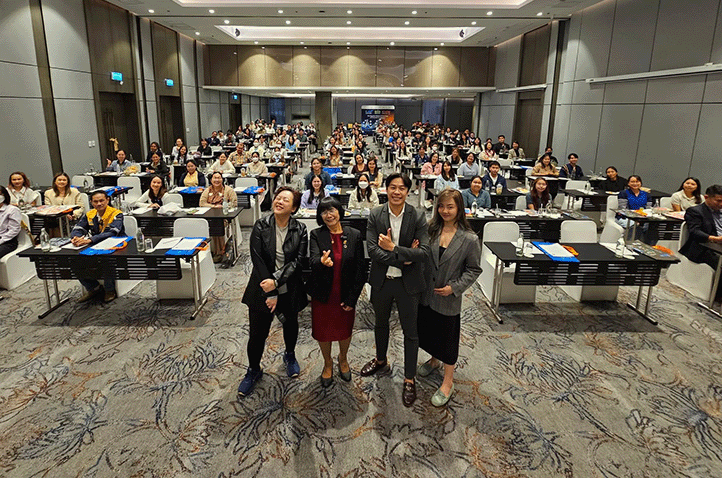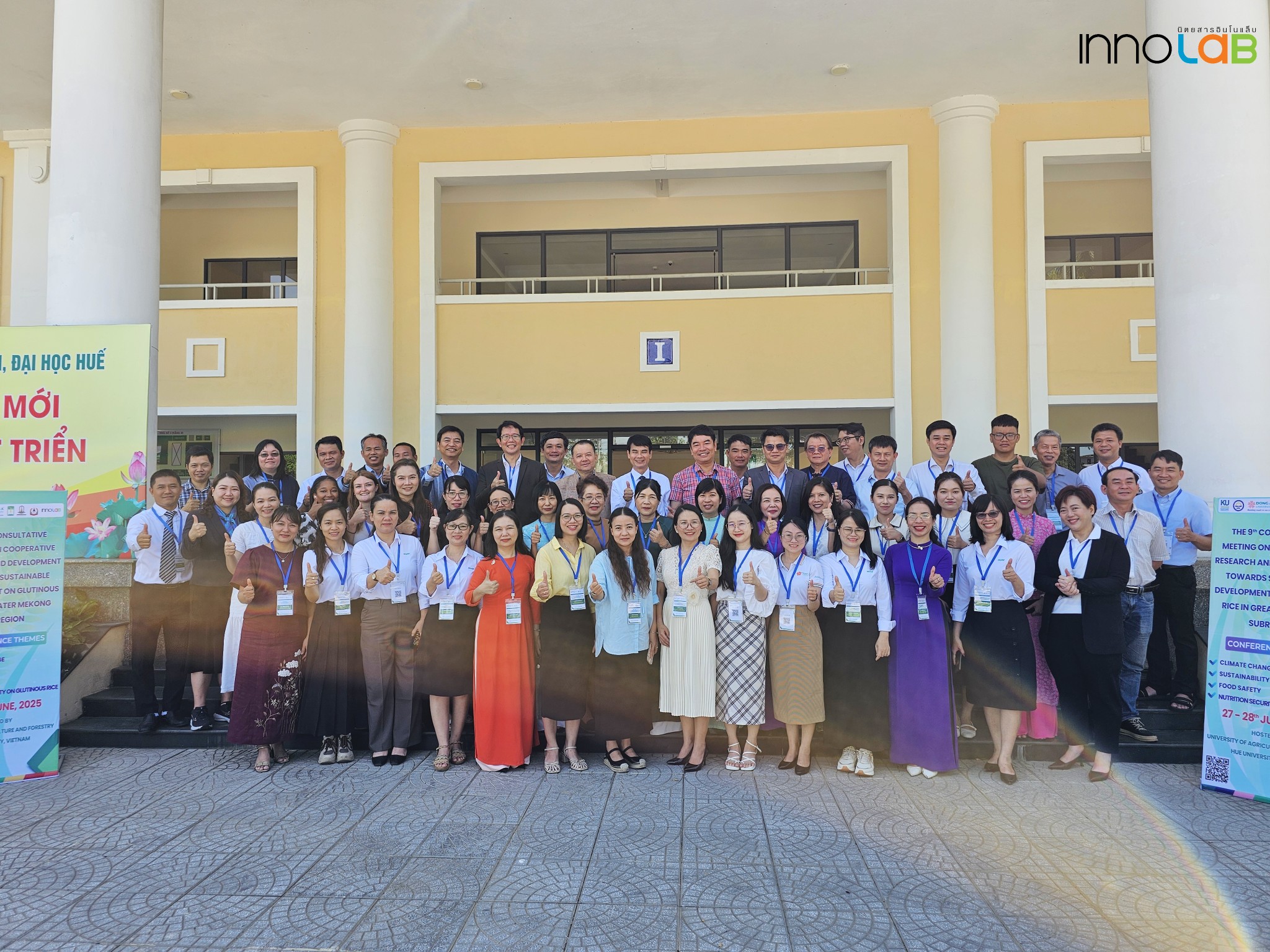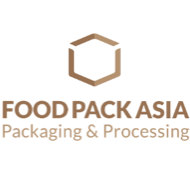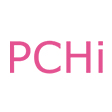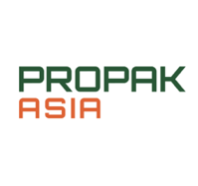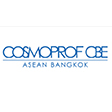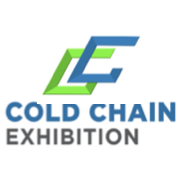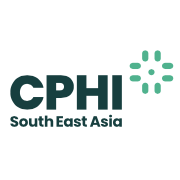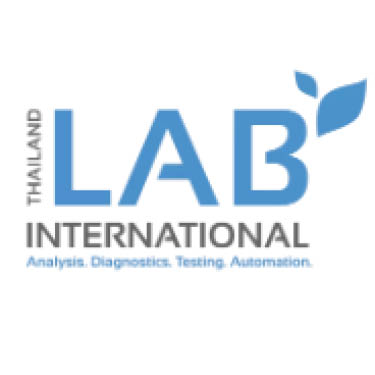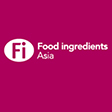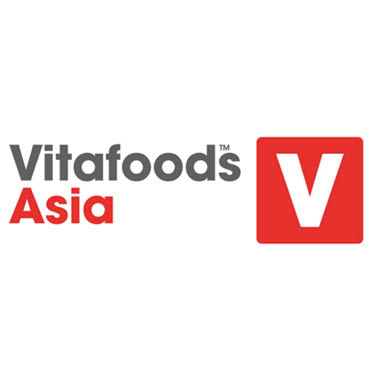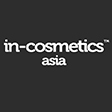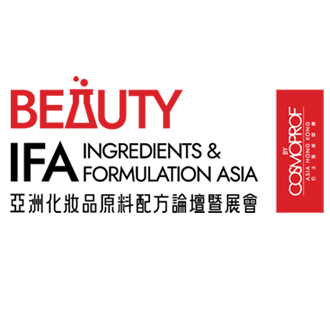Technology
-
A STEP FORWARD IN ENERGY-SAVING DESIGN
Read more...OHAUS implements energy-saving features in its laboratory weighing products, contributing to significant carbon emission reductions and the pursuit of net zero carbon emissions by 2050.
Articles
-
Decoding Sunscreen Efficacy Testing
Recently, there is confusion in online social media regarding effectiveness and reliability of sunscreen products. The values stated on the labels and those measured by consumer protection agencies or influencers have shown varying results—some discrepancies are minor, while others are shockingly large. This has led to concerns and questions from consumers in several countries, including Thailand, about how well the products they choose can protect their skin. Can these products provide the level of protection indicated on the labels?
-
Evaluating Cleaning and Sanitation Effectiveness in the Food Industry Using ATP-Based Method
In the food manufacturing industry, maintaining high levels of hygiene and sanitation is crucial to ensuring food safety and protecting consumers from contamination and foodborne illnesses. To meet these goals, food manufacturing facilities, regardless of their size or the products they produce, must comply with strict food safety and quality regulations. Local and regional laws, such as those in Thailand, mandate the control of biological and chemical hazards during production. For instance, surfaces in food production areas must be cleaned and sanitized according to the standards set by the Thai FDA and Good HygienePractices (GHP) to prevent contamination.
-
Aspartame - as (Possibly) Carcinogenic to Humans (?)
Assessments of the health impacts of the non-sugar sweetener (NSS), aspartame, are released by the International Agency for Research on Cancer (IARC) and the World Health Organization (WHO) and the Food and Agriculture Organization (FAO) Joint Expert Committee on Food Additives (JECFA). Citing “limited evidence” for carcinogenicity in humans, IARC classified aspartame as possibly carcinogenic to humans (IARC Group 2B) and JECFA reaffirmed the acceptable daily intake (ADI) of 40 mg/kg body weight.
Industry Movement
-
Catch up the International Conference
The Energy Environment Safety and Health (EESH) Center at King Mongkut's University of Technology Thonburi has joined forces with VNU Exhibitions Asia Pacific, the organizer of FutureCHEM INTERNATIONAL, to enhance laboratory and factory safety by hosting a practical training course on "Hazardous Chemical Management for Labs and Factories" on July 25, 2025, at Novotel Bangna, Bangkok.
Photo gallery -
Catch up the International Conference
The 9th Consultative Meeting on Cooperative Research and Development towards Sustainable Development on Glutinous Rice in Greater Mekong Subregion (GMS)
(Focusing on Climate Change, Sustainability, Food Safety and Nutrition Security on Glutinous Rice) on 27th-28th June 2025 at University of Agriculture and Forestry, Hue University (HUAF), Vietnam. The participants are from University of Agriculture and Forestry, Hue University (HUAF), University of Economics, Hue University (HUE), Dong A University (UDA), Kasetsart University (KU), Mahasarakham University (MSU), Savannakhet University (SKU). The event is supported by KU-FIRST (Kasetsart University Food Innovation Research and Services in Thailand), and INNOLAB magazine.

